
2023 HVAC Regulations: What You Need to Know
As a homeowner or business owner, it’s important to stay up to date on the latest regulations and standards for heating, ventilation, and air conditioning (HVAC) systems. These systems play a crucial role in maintaining indoor air quality and comfort. As technology evolves, so does the industry, leading to new regulations being put in place to ensure improved safety, efficiency, and sustainability. In 2023, several new HVAC regulations have been introduced to improve the industry’s environmental impact and enhance energy efficiency.
Overview of HVAC regulations
HVAC systems are responsible for heating, cooling, and ventilating buildings. They are essential in maintaining indoor air quality and preventing health hazards. Technological advancements have made HVAC systems more complex and energy-efficient, but they pose potential health and environmental risks if not properly maintained. HVAC regulations have been established to mitigate these risks to ensure that HVAC systems are safe, efficient, and environmentally friendly.
Before diving into the 2023 regulations, it is essential to understand the purpose of HVAC regulations and the organizations responsible for setting them. HVAC regulations are set to ensure the health and safety of building occupants by promoting proper design, installation, and maintenance of heating, ventilation, and air conditioning systems. The central regulatory bodies involved in setting HVAC regulations include the American Society of Heating, Refrigerating, and Air-Conditioning Engineers (ASHRAE), the International Energy Conservation Code (IECC), and the U.S. Department of Energy (DOE).
New 2023 HVAC regulations
The efficiency and performance of appliances are regularly evaluated by the Department of Energy (DOE) every six years. In 2023, the standards for central air conditioners and heat pumps will be updated to reflect changes in minimum efficiency requirements and testing procedures.
We will explore the new 2023 HVAC regulations, discussing the changes and their impact on the industry. We will take a closer look at the requirements set forth by the regulatory bodies and what they mean for building owners, contractors, and service providers.
1. Changes in Energy Efficiency Standards
One of the most significant changes in the 2023 HVAC regulations is a push for increased energy efficiency. The goal is to reduce energy consumption and greenhouse gas emissions, which can positively impact the environment and your pocketbook. New HVAC systems must meet specific efficiency standards, and older systems may need to be updated to comply.
The HVAC efficiency standards set to take effect in 2023 will differ based on your location. If you reside in the North, the efficiency requirements for central air conditioners will increase from 13.0 SEER to 14.0 SEER. Homeowners in the South and Southwest can expect their standards to increase from 14.0 SEER to 15.0 SEER. With the 14 SEER mark being the new minimum requirement for HVAC units in most areas, the 13 SEER units will no longer be available for installation.
Heat pumps, which are a popular choice for heating and cooling homes, will also be impacted by these changes in efficiency regulations. The minimum rating for heat pumps will increase from 14.0 SEER to 15.0 SEER and have an HSPF rating of 8.8.
2. Changes to Refrigerant Requirements
The 2023 HVAC regulations also bring changes to refrigerant requirements. This means that HVAC systems must use refrigerants that are more environmentally friendly and have a lower impact on the ozone layer.
In 2023, the HVAC industry will undergo a major change with new refrigerants in all new air conditioners and heat pumps. In recent years, residential cooling systems have utilized R-410a, a hydrofluorocarbon (HFC) refrigerant, but this refrigerant has high global warming potential and could harm the environment if leaked.
To address this issue, the U.S. Environmental Protection Agency (EPA) has implemented a plan to phase down the manufacture and importation of HFCs by 85 percent over the next 15 years. Starting in 2023, new cooling systems will utilize a refrigerant with a lower global warming potential. Manufacturers are developing heat pumps and air conditioners compatible with R-454b, a more environmentally friendly alternative.
Please note that R-410a will still be available for equipment repairs in the coming decades, but no new air conditioners or heat pumps will contain this refrigerant starting in 2023. If you’re interested in learning more about these new refrigerants and how they may impact your HVAC system, we encourage you to speak to our professionals at Gee! Heating & Air.
3. New Efficiency Metrics
Starting on January 1, 2023, the HVAC efficiency standards will change, with new testing procedures being used by manufacturers. The DOE will use a new testing procedure, known as appendix M1, to rate all products. This will result in a change in the labeling of seasonal efficiency. The old metrics of SEER, EER, and HSPF will be updated to SEER2, EER2, and HSPF2, respectively, and will apply to residential air conditioners and heat pumps.
This change is because the new testing procedure considers higher default external static pressure, which better represents field conditions. This increased static pressure requires higher watts, leading to a lower numeric efficiency rating.
It’s important to note that the new SEER2 ratings will be lower than before, and the minimum efficiencies will be adjusted to match the more challenging test procedures. The new testing procedure will also affect the airflow set point on indoor blowers, such as fan coils and furnaces. While the transition may take some getting used to, it’s important to be aware of the key metrics. For instance, 15 SEER will now equate to 14.3 SEER2, and 14 SEER will be equivalent to 13.4 SEER2.
What You Can Do to Prepare
As you can see, several changes and updates are in store for the HVAC industry in 2023. Whether you’re a homeowner or business owner, it’s crucial to stay informed and take advantage of the new opportunities and requirements to improve your HVAC system’s energy efficiency and indoor air quality.
So, what can you do to prepare for the 2023 HVAC regulations? The first step is to check your current HVAC system to see if it meets the new standards. If not, consider upgrading to a new system.
If you need to upgrade, it’s essential to work with a reputable HVAC contractor who is certified and knowledgeable about the 2023 regulations. Gee! Heating & Air provides HVAC services in Gainesville, GA, and our technicians are fully trained and certified to ensure that your HVAC system meets the new standards.
Other Services Offered by Gee! Heating & Air
In addition to heating and cooling services, Gee! Heating & Air also offers various other services to help keep your home or business comfortable and efficient. These services include air duct cleaning, indoor air quality solutions, and energy-saving tips. At Gee! Heating & Air, we’re committed to providing our customers with the best possible service, and we’re here to help you with all of your HVAC needs.
If you have any doubts or questions about these updates, Gee! Heating & Air is here to help. Our HVAC experts can provide the guidance and support you need to fully understand these new efficiency standards and how they may affect your home or business. We’ll be glad to help you make the most of these new HVAC efficiency standards and ensure that your HVAC system runs smoothly and efficiently. Don’t hesitate to reach out to Gee! Heating & Air for more information.
Table of Contents
More Articles
Categories



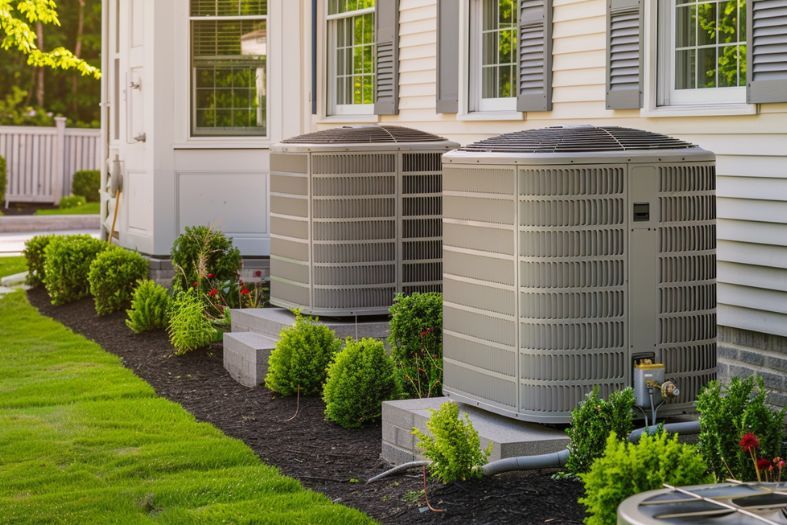

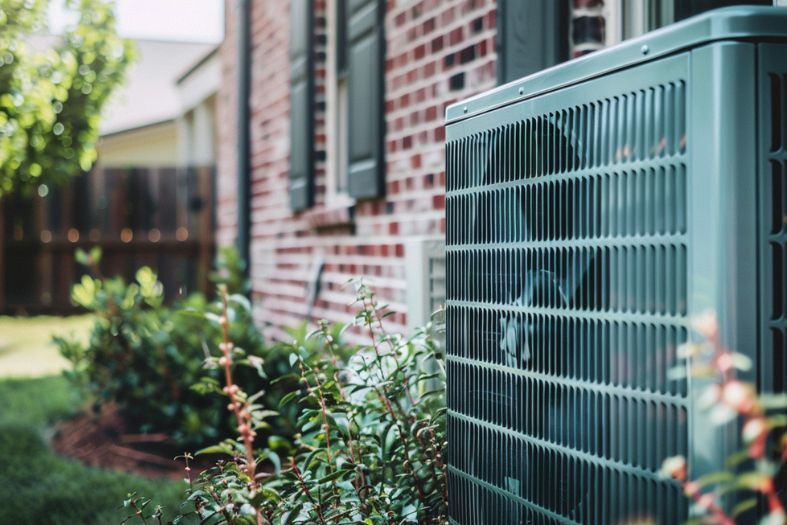
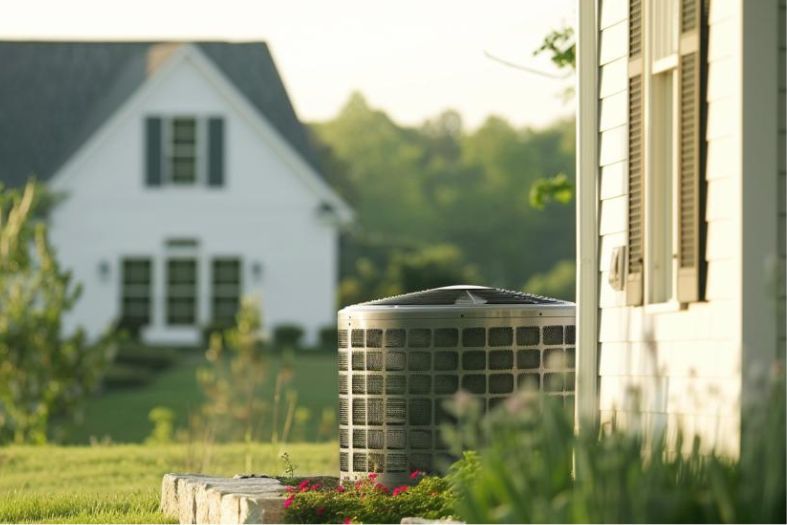

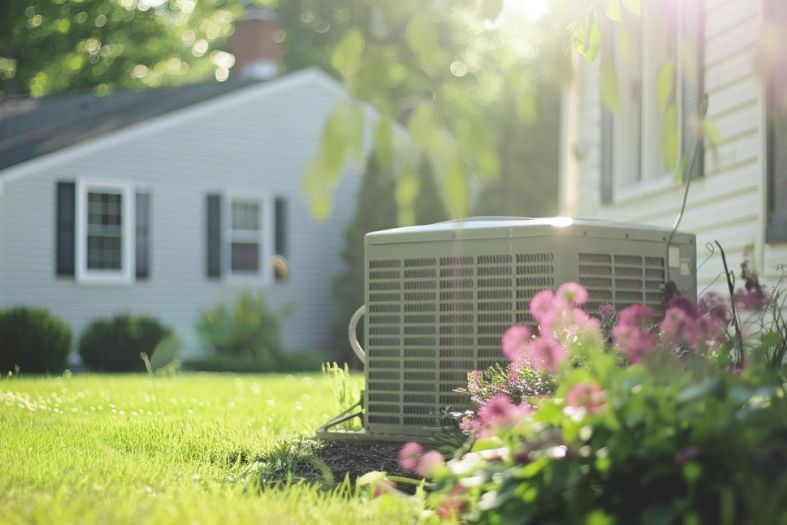
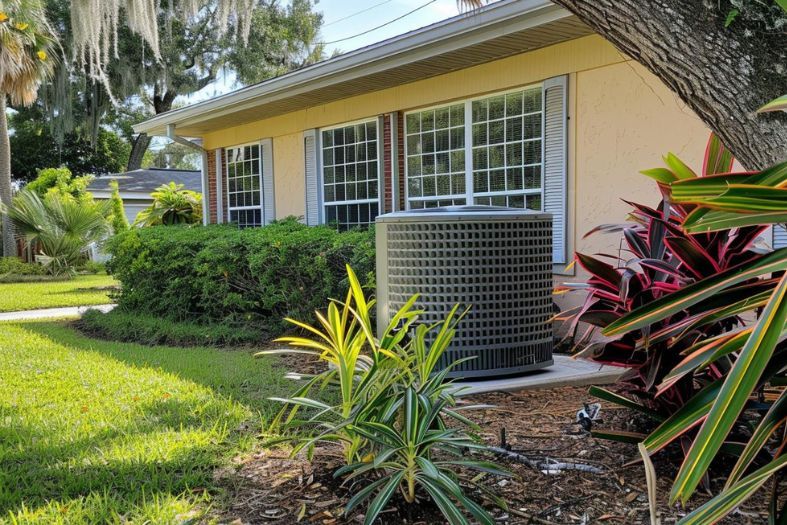
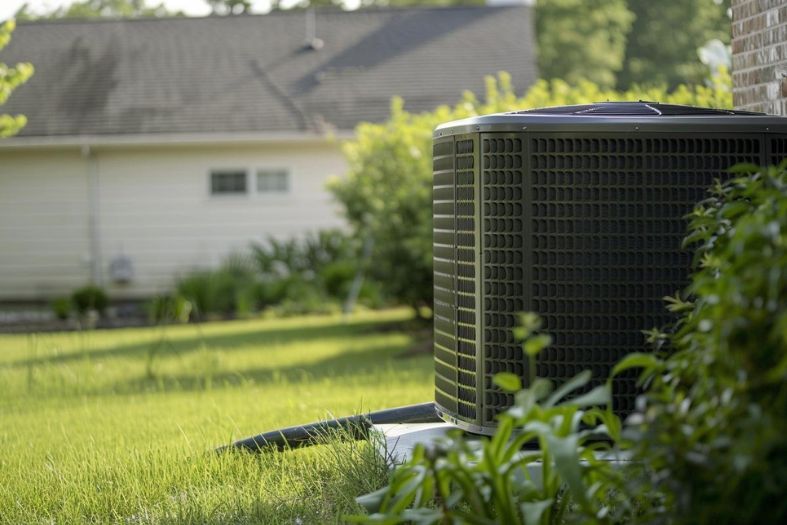
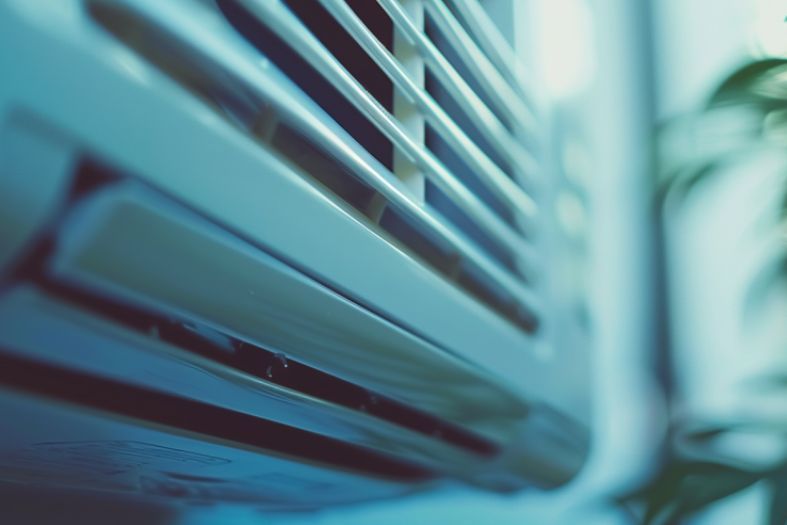
Leave a Reply